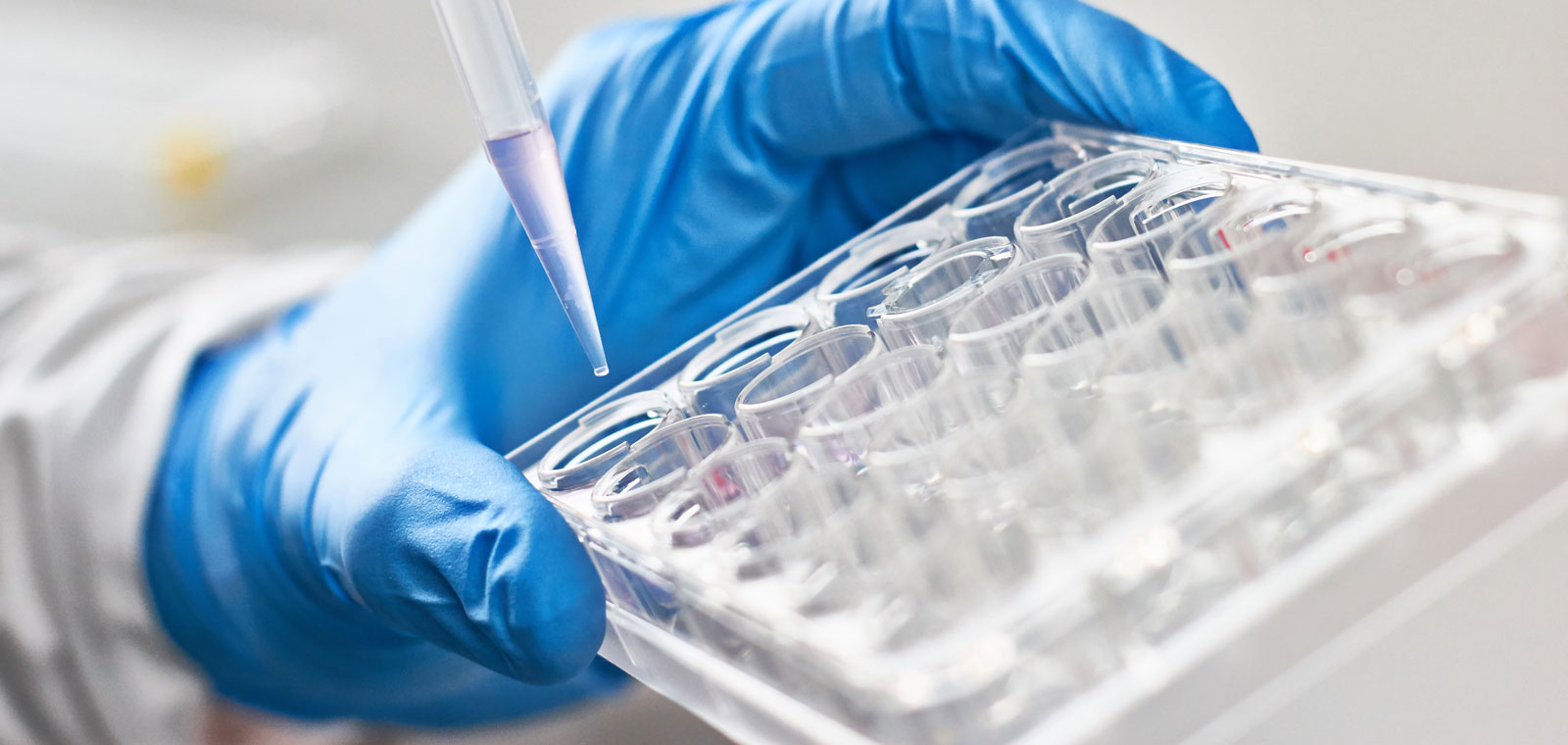
Adenoviruses are the causative agents of the common cold, and are relatively harmless. They are also widely used as vectors for the production of vaccines, amongst which vaccines against SARS-CoV-2.
Despite decades of clinical and preclinical investigations, we still poorly grasp the human innate immune response to adenoviruses and their vectors. This is in part due to the differences that exist between mice and humans. Whereas we have unraveled most of the immune responses that occur in mice upon infection with adenovirus, some of these responses do not occur in humans.
Bioassays
In this study, researchers from the University of Montpellier in France explored the human immune response to three adenoviruses that are being used as vectors for vaccines. BPRC Researchers collaborated with them as part of a European Program to further our understanding of vaccines, TRANSVAC2, by using our in-house developed human bioassay technology.
Lactoferrin
We learned that specifically in humans, a small protein called lactoferrin has an important role in the immune response to adenoviruses. Lactoferrin is secreted by humans when there is a breach in tissue homeostasis, and for that reason it is also called an alarmin. We show that this lactoferrin forms complexes with adenoviruses. Such complexes than bind to Toll-like receptor 4 (TLR4), and trigger further immune responses. These data impact our understanding of adenovirus immunogenicity and may provide ways to increase the efficacy of adenovirus-based vectors/vaccines.
Interested? Read the entire story here.

